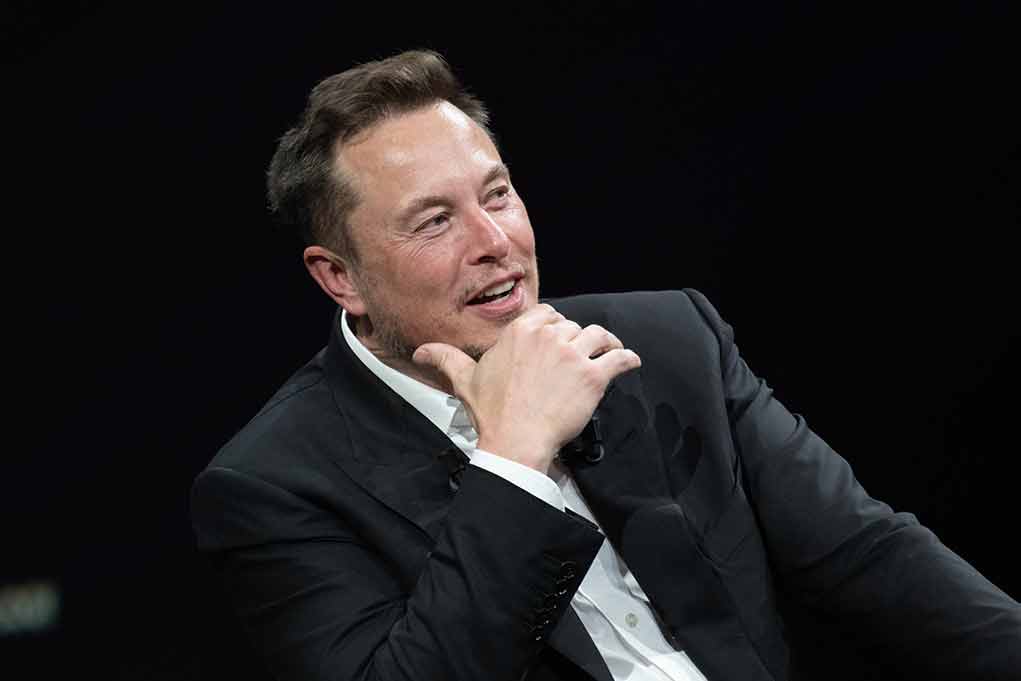
Elon Musk, the tech mogul who’s revolutionized electric cars and space travel, now faces an unprecedented challenge: potential expulsion from the UK’s prestigious Royal Society, a move not seen in over 150 years.
Key Takeaways
- Over 2,700 scientists have signed an open letter questioning Musk’s Royal Society membership
- The Royal Society will hold a meeting on March 3 to discuss principles regarding Fellows’ public behavior
- Musk’s promotion of “unfounded conspiracy theories” and social media conduct are cited as reasons for potential expulsion
- No fellow has been expelled from the Royal Society in over 150 years
- The situation has sparked debate on intellectual freedom and scientific integrity
The Royal Society’s Unprecedented Dilemma
In a shocking turn of events, the UK’s oldest and most prestigious scientific academy, the Royal Society, finds itself grappling with a decision that could rewrite its 360-year history. The institution, which has counted luminaries like Isaac Newton and Albert Einstein among its ranks, is now considering the expulsion of one of its most controversial modern members: Elon Musk.
The controversy stems from Musk’s public behavior and statements, which many fellow scientists argue are at odds with the society’s values. Professor Stephen Curry of Imperial College London spearheaded an open letter, garnering support from over 2,700 scientists who are calling for action against Musk.
“I am at a loss to understand how these actions are consistent with a code of conduct that requires fellows to have ‘due regard for the statement of values developed from time to time by Society'” – Professor Stephen Curry
This move by the scientific community is not just about Musk’s tweets or public statements. It’s a stand against what they perceive as a threat to scientific integrity and the spread of misinformation. The Royal Society, known for its commitment to advancing science for the benefit of humanity, now finds itself at a crossroads between upholding its principles and potentially setting a precedent that could be seen as stifling intellectual freedom.
The Case Against Musk
Critics of Musk within the Royal Society cite his “promotion of unfounded conspiracy theories” and his behavior on social media as reasons for his potential expulsion. Professor Dorothy Bishop from the University of Oxford, who resigned in protest against Musk’s membership, went as far as to label him a “Bond villain.”
The situation is further complicated by Musk’s political leanings and his influence on scientific research in the US. As Professor Curry points out, “The situation is rendered more serious because Mr Musk now occupies a position within a Trump administration in the USA that has over the past several weeks engaged in an assault on scientific research in the US.”
Elon Musk might become the first Royal Society member in over 150 years to be expelled quite an achievement . Turns out, spewing nonsense and fueling division isn’t the kind of “innovation” the 365-year-old institution values. Who knew that being an attention-hungry billionaire…
— 𝕄𝕒𝕣𝕘𝕒𝕣𝕖𝕥🌴Siegien 🐦📷 (@margaretsiegien) February 18, 2025
A Delicate Balance
The Royal Society faces a challenging balancing act. On one hand, there’s pressure to maintain the integrity of the institution and respond to the concerns of its members. On the other, there’s the risk of setting a precedent that could be seen as politically motivated or an infringement on free speech.
Sir Adrian Smith, president of the Royal Society, acknowledged the concerns but cautioned against making judgments on views or affiliations, especially those that might be political. This stance highlights the society’s dilemma in navigating the fine line between scientific responsibility and intellectual freedom.
The outcome of the March 3 meeting, where the society will discuss “principles around public pronouncements and behaviours of Fellows,” could have far-reaching implications. It’s not just about Musk’s membership; it’s about setting a standard for how scientific institutions deal with controversial figures in an age of social media and polarized public discourse.
The Broader Implications
The potential expulsion of Elon Musk from the Royal Society is more than just an internal matter for a prestigious scientific body. It’s a reflection of the growing tension between scientific consensus and individual expression in the public sphere. The decision could influence how other institutions handle similar situations and potentially impact the relationship between science and public figures.
For Musk, the consequences could extend beyond a mere loss of prestige. His reputation and the investor confidence in his ventures like Tesla and SpaceX could be affected. For the scientific community, it’s a moment of reckoning about how to maintain credibility and integrity in an era of misinformation and political polarization.
As the Royal Society deliberates, the world watches. The outcome will not only determine Musk’s standing in this esteemed institution but also set a precedent for how scientific bodies navigate the complex interplay of achievement, behavior, and public responsibility in the 21st century.
Sources:
- UK’s oldest scientific academy may do to Elon Musk what it has not done to anyone in 150 years – The Times of India
- ‘Bond Villain’: Why 2700 Members Of The UK’s Prestigious Royal Society Want Elon Musk’s Fellowship Revoked | Times Now
- Elon Musk faces exile from 365-year-old Royal Society scientific institution over his political behavior
- Elon Musk’s Royal Society Drama: An Unprecedented Political Power Play | AI News

